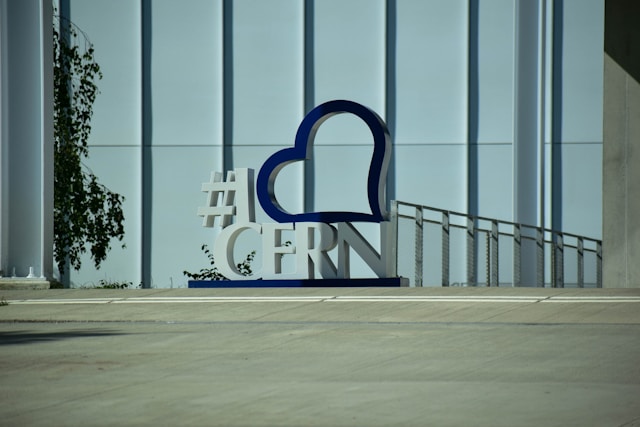Can I Be Good at Physics?
Physics often feels like a daunting subject, filled with complex equations and abstract concepts. Many students wonder, “Can I be good at physics?” This article will explore what it takes to excel in physics, common misconceptions, and practical steps you can take to develop your skills in this fascinating field.
Understanding Physics: What It Is and Why It Matters
Before diving into the question of proficiency, it’s essential to understand what physics is and its relevance in the world.
The Nature of Physics
Physics is the study of matter, energy, and the fundamental forces of nature. It seeks to explain how the universe works, from the smallest particles to the largest galaxies. Understanding physics can lead to innovations in technology, engineering, and even healthcare.
Real-World Applications
Physics is not just theoretical; it has practical applications in our daily lives. From understanding how cars work to the principles behind smartphones, physics plays a critical role in modern technology. Recognizing its relevance can motivate students to engage with the subject.
Common Misconceptions: Do You Need to Be a Genius to Succeed?
One of the most significant barriers to success in physics is the misconception that only “geniuses” can excel in the subject.
The Myth of the Natural Genius
Many people believe that a high aptitude for math or science is required to be good at physics. However, success in physics often comes down to dedication and practice rather than innate talent.
Overcoming Self-Doubt
Self-doubt can hinder your ability to learn and succeed. Recognizing that effort and persistence can lead to improvement is crucial. Studies show that a growth mindset—believing that abilities can be developed—can significantly enhance learning outcomes.
Developing Skills: What You Need to Succeed in Physics
If you’re asking, “Can I be good at physics?” the answer is yes, with the right approach and resources.
Building a Strong Foundation
A solid understanding of fundamental concepts is essential. Topics like mechanics, electricity, and thermodynamics form the basis of more advanced physics. Investing time in these areas can make higher-level topics more accessible.
- Recommended Resources: Textbooks, online courses, and tutoring can help build this foundation. Websites like Khan Academy and Coursera offer free resources for learners at all levels.
Practice and Problem-Solving
Physics is a subject that requires practice. Working through problems helps reinforce concepts and develop critical thinking skills.
- Effective Techniques: Try to solve a variety of problems, from simple calculations to complex scenarios. Study groups can also provide support and different perspectives on problem-solving approaches.
Seeking Help: Resources and Support Systems
Asking for help is a vital part of the learning process.
Utilizing Online Platforms
There are numerous online platforms where you can seek help with physics. Websites like Physics Stack Exchange and Reddit forums can connect you with knowledgeable individuals who can answer your questions.
Educational Institutions and Tutoring
Many universities offer tutoring services for students struggling with physics. Don’t hesitate to reach out for help; utilizing these resources can provide additional clarity and understanding.
The Importance of Mindset: Cultivating a Positive Attitude
Your mindset plays a crucial role in your success in physics.
Embracing Challenges
View challenges as opportunities to learn rather than obstacles. A positive attitude toward problem-solving can enhance your resilience and determination.
Setting Realistic Goals
Setting achievable goals can help maintain motivation. Break down larger concepts into smaller, manageable tasks. Celebrate small victories along the way to reinforce your progress.
Conclusion: Your Journey in Physics
The question “Can I be good at physics?” can be answered affirmatively. With dedication, the right resources, and a positive mindset, anyone can develop a proficiency in physics. Remember that the journey is just as important as the destination, and embracing the learning process can lead to rewarding discoveries.
